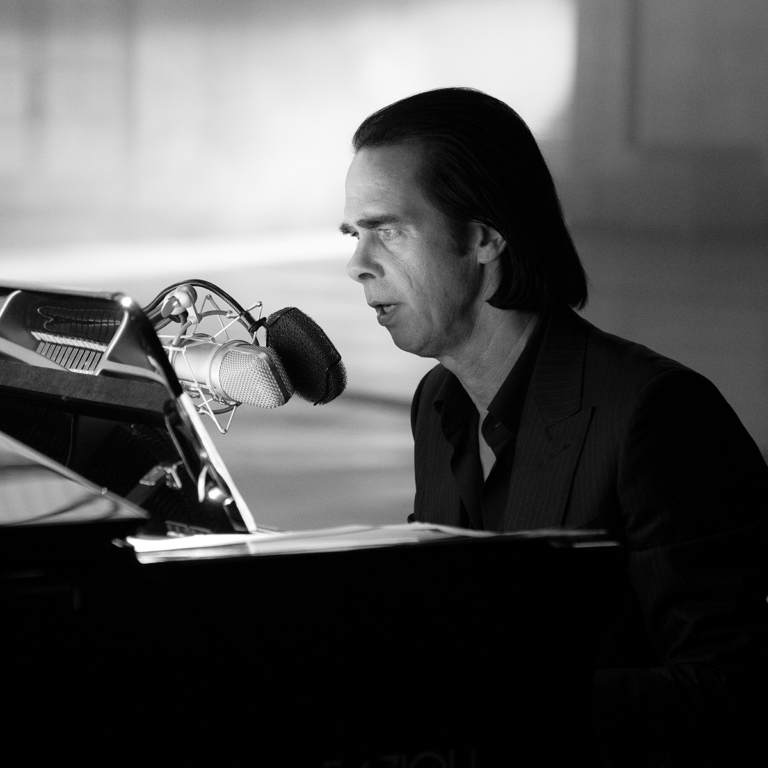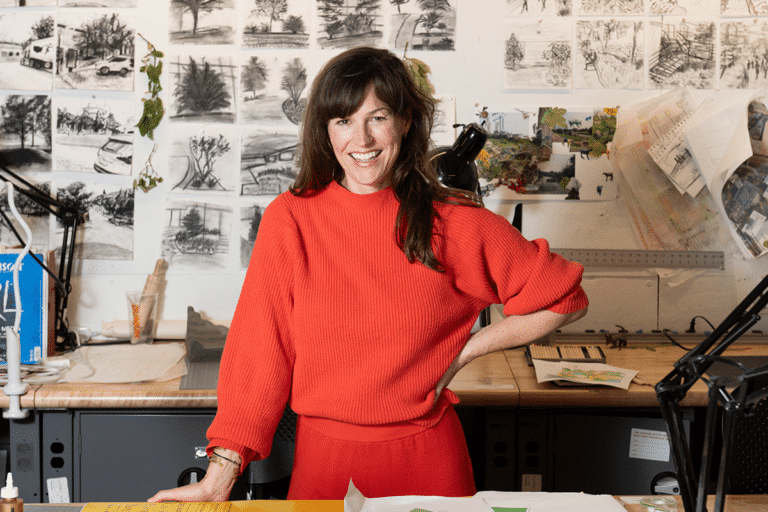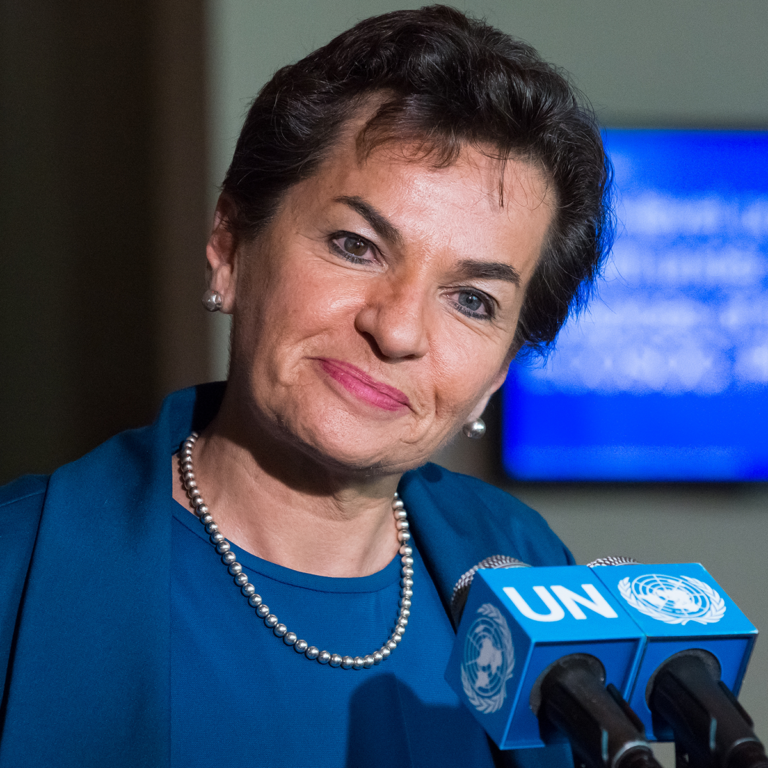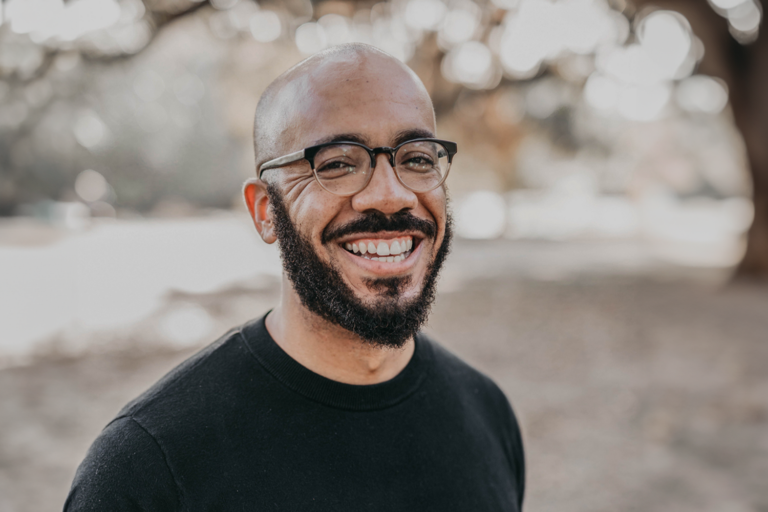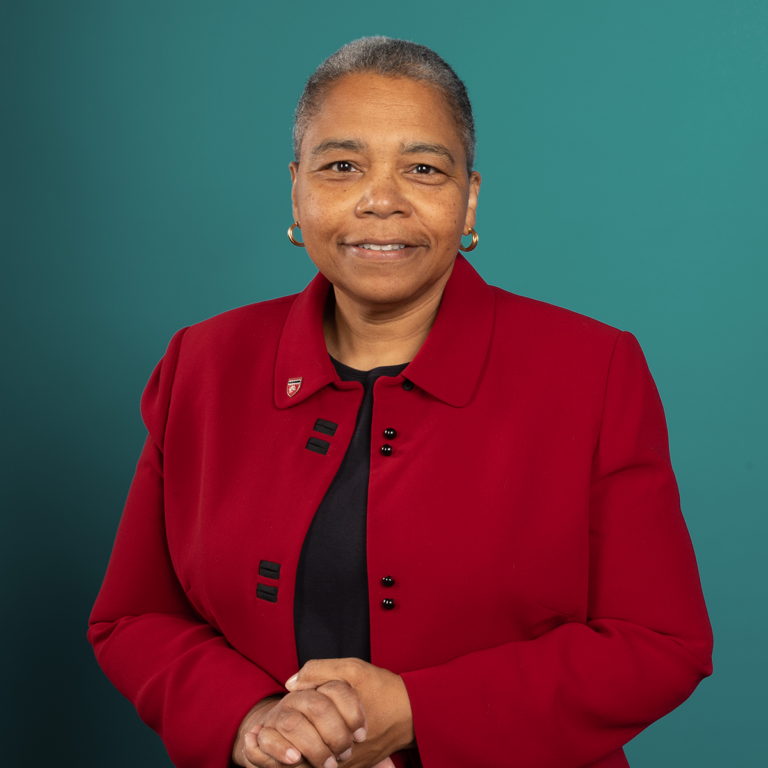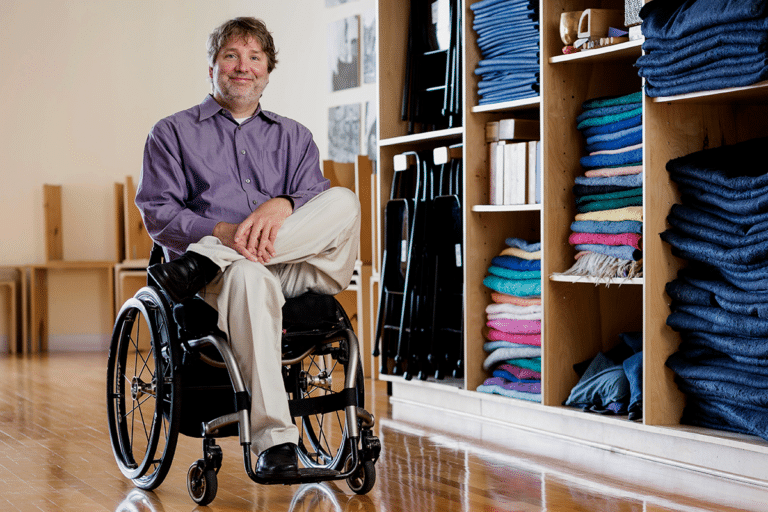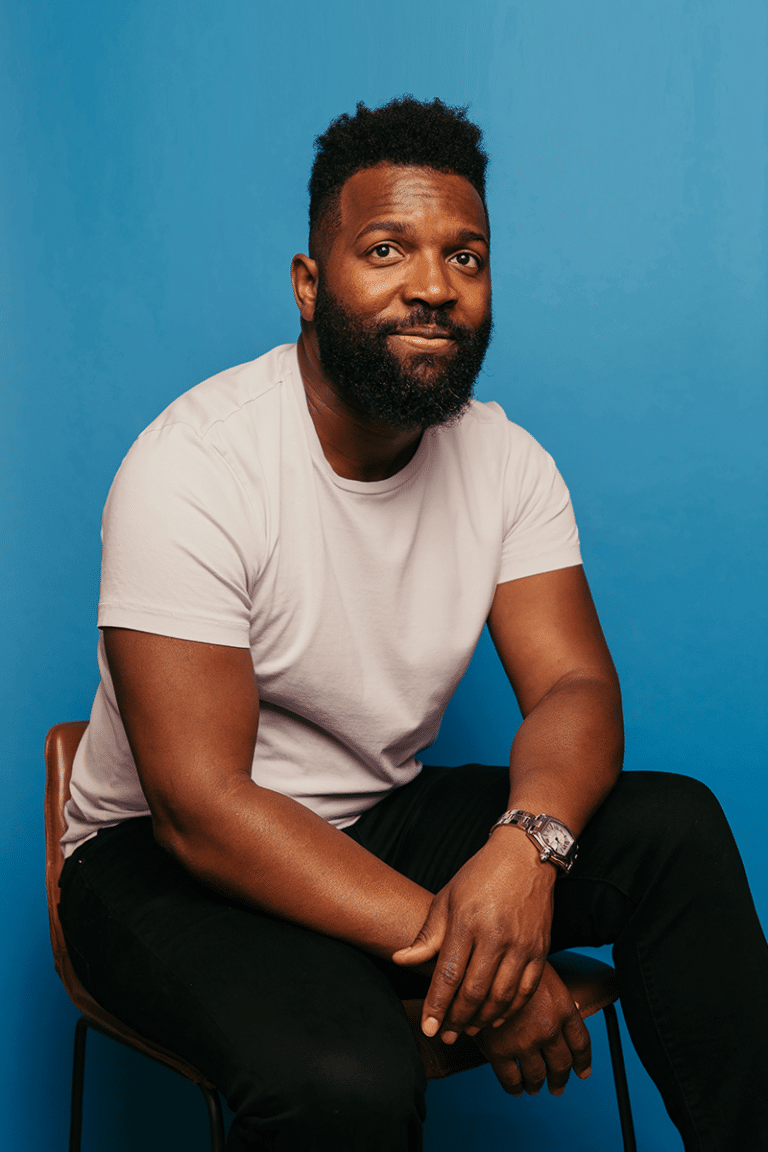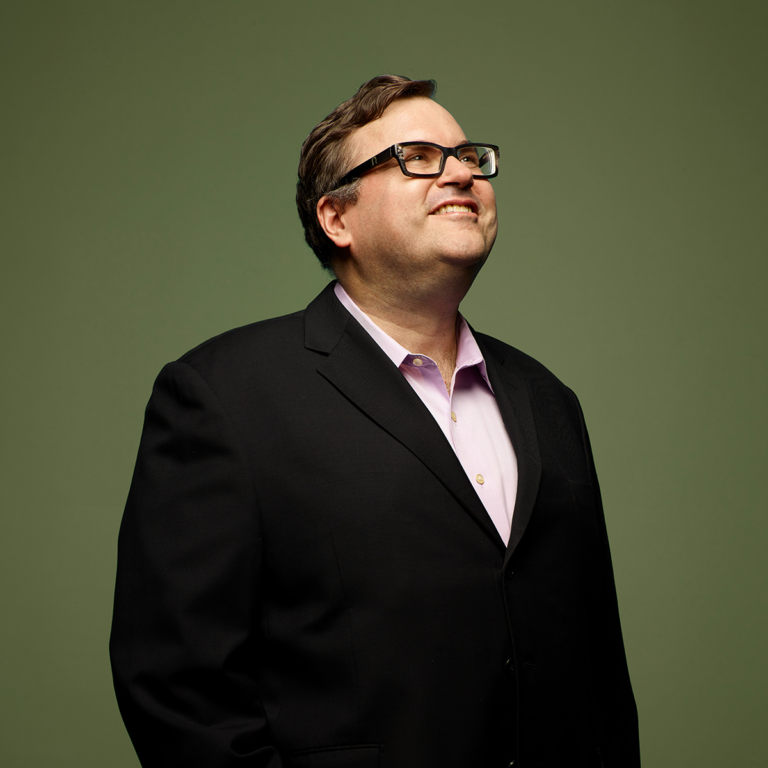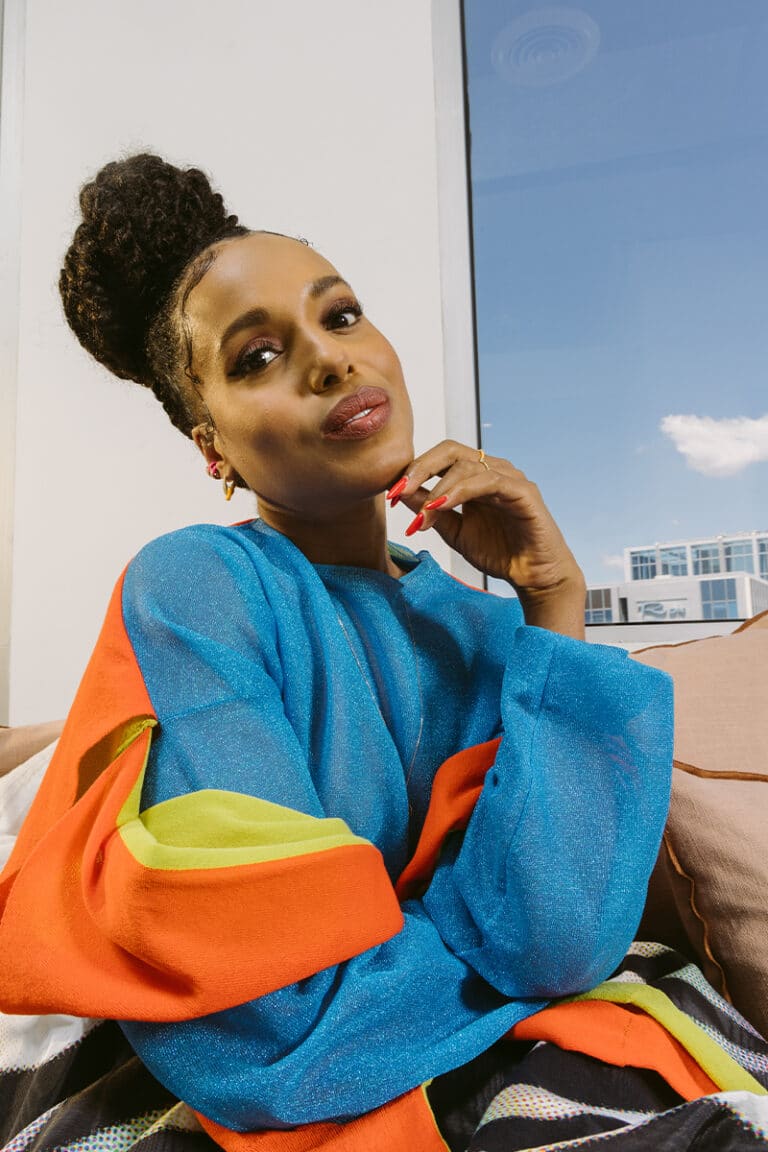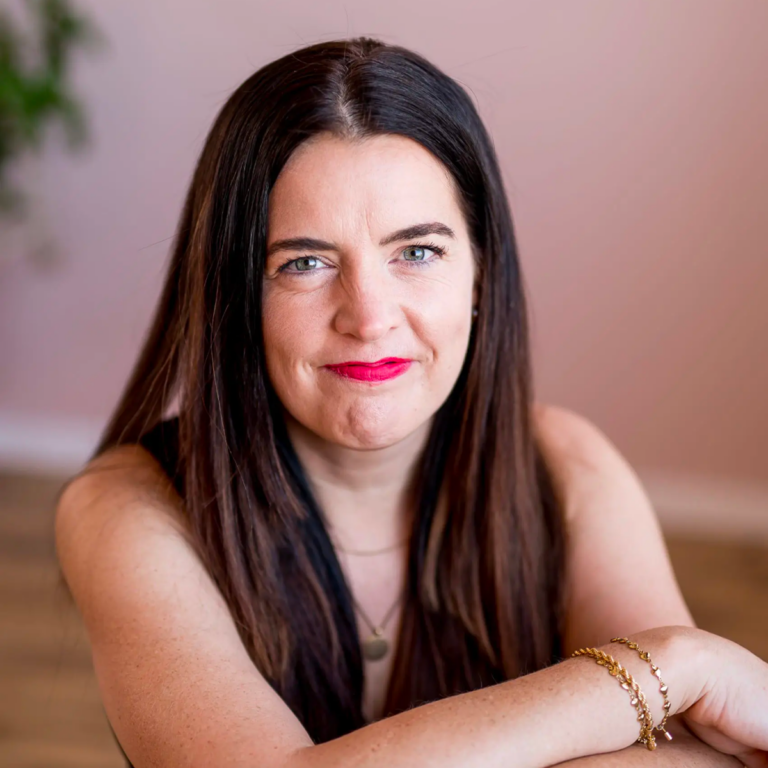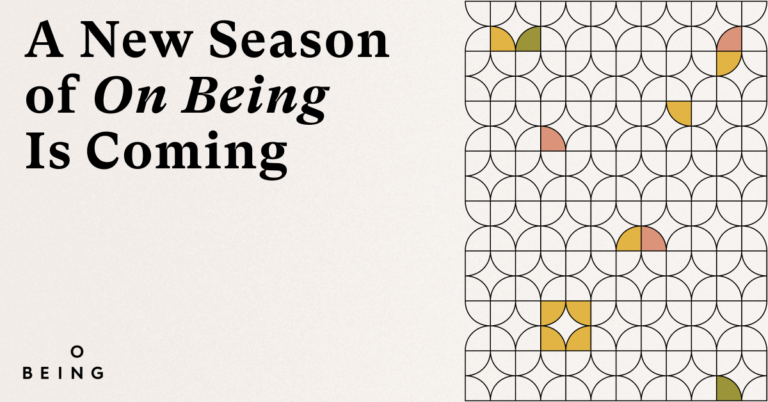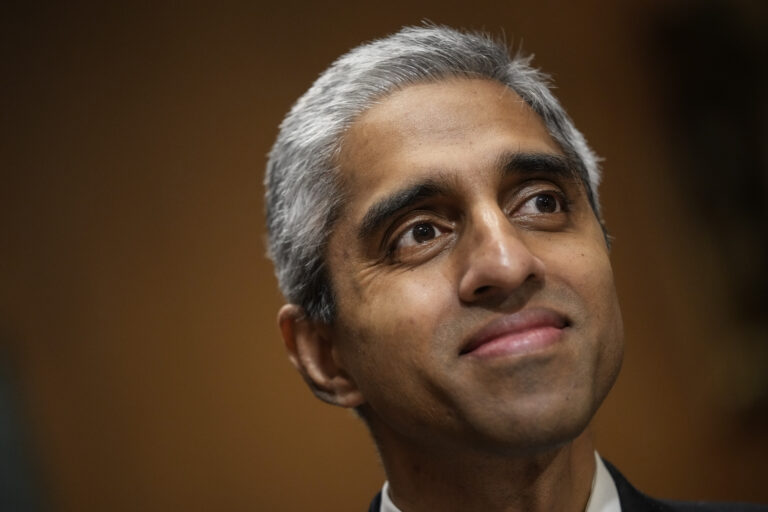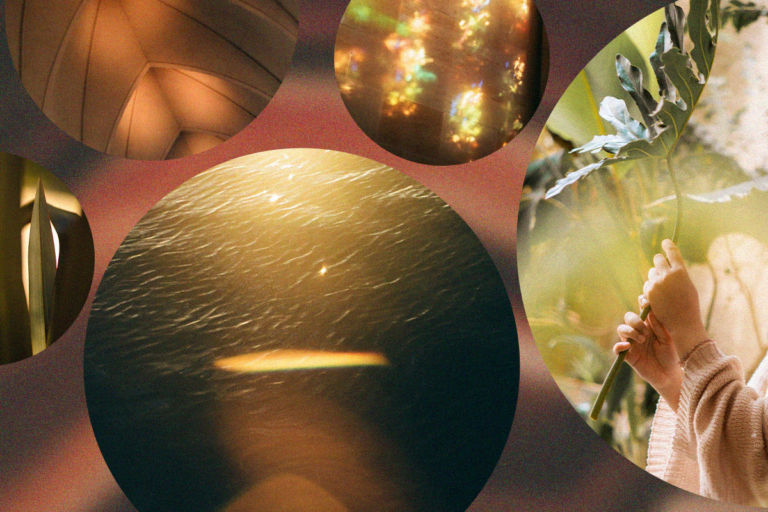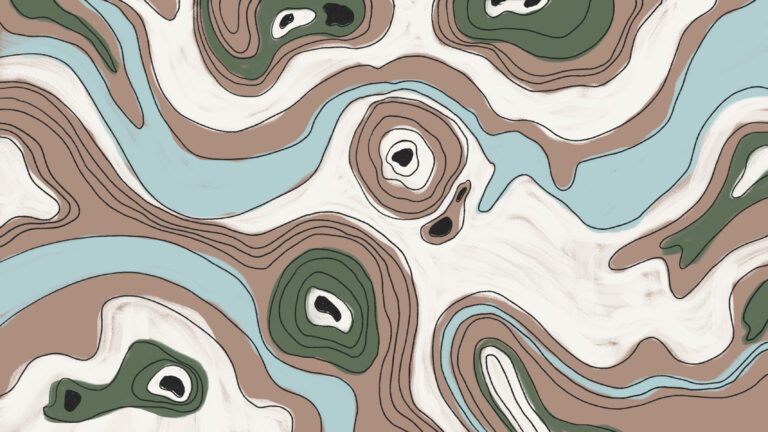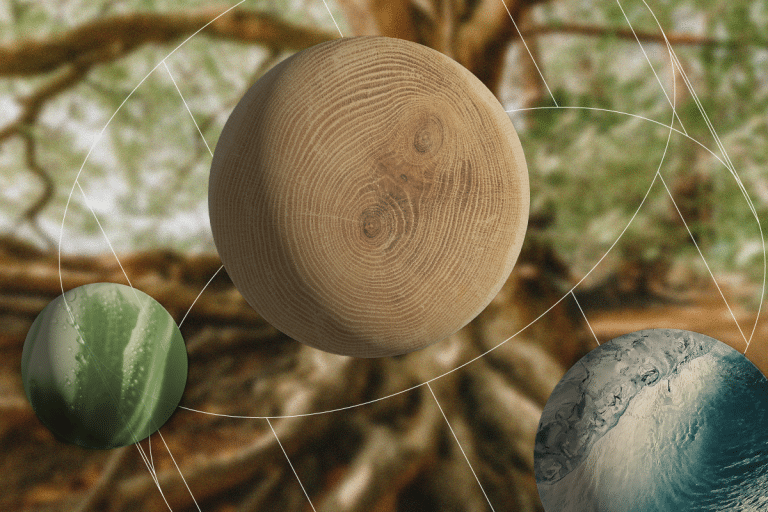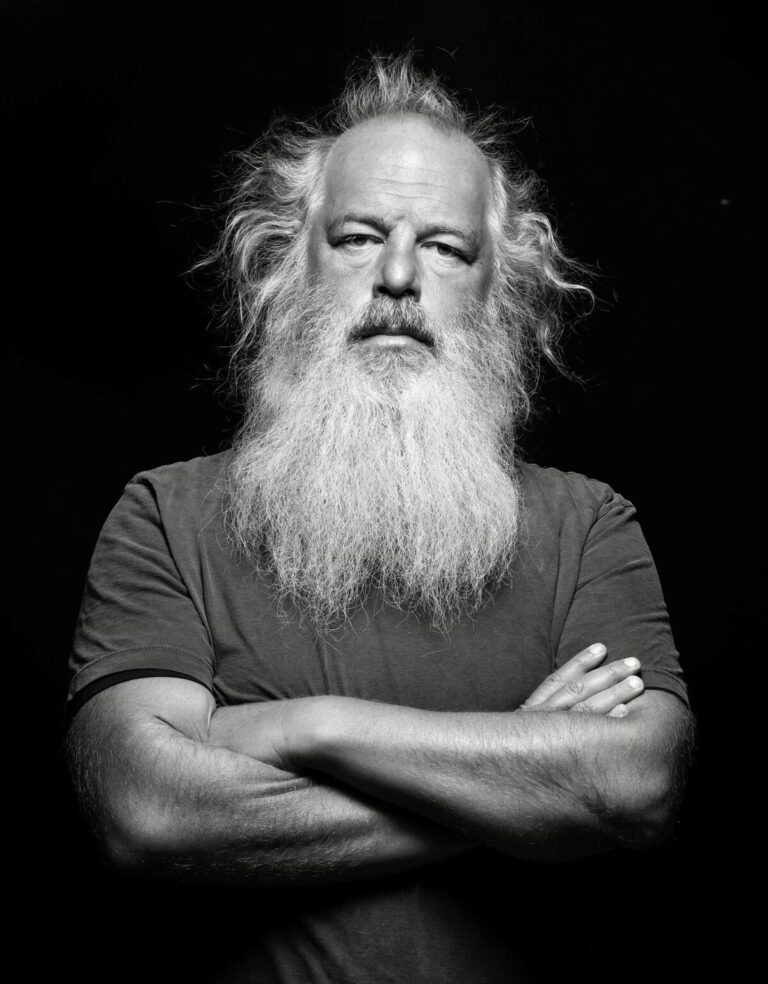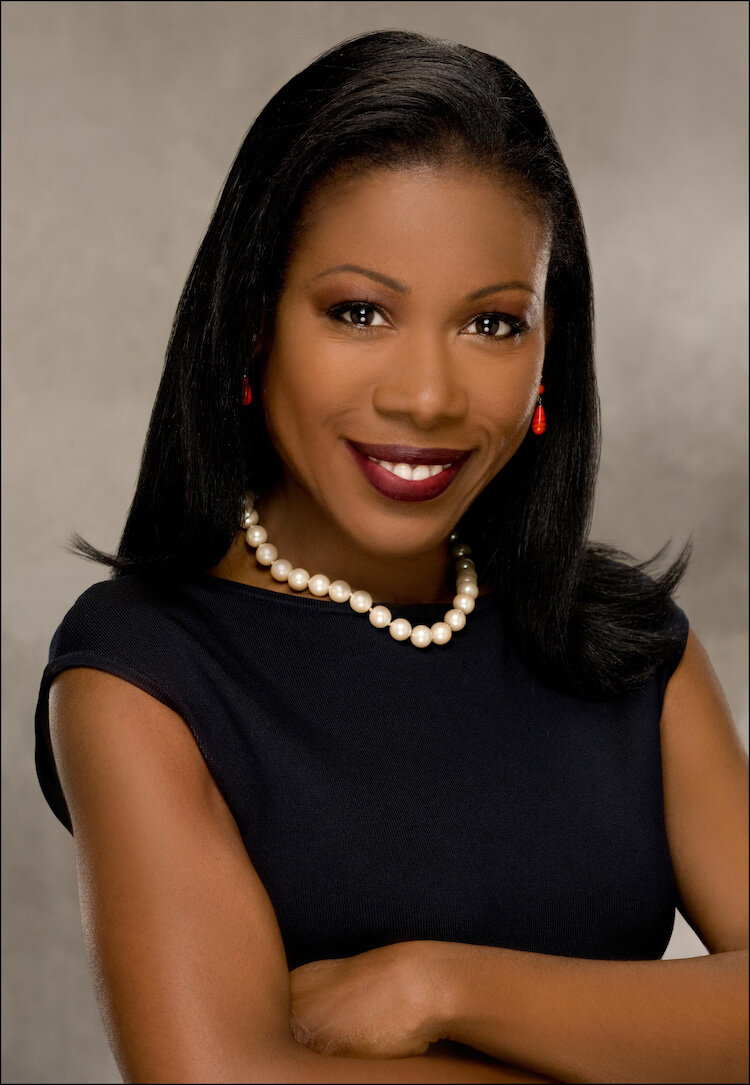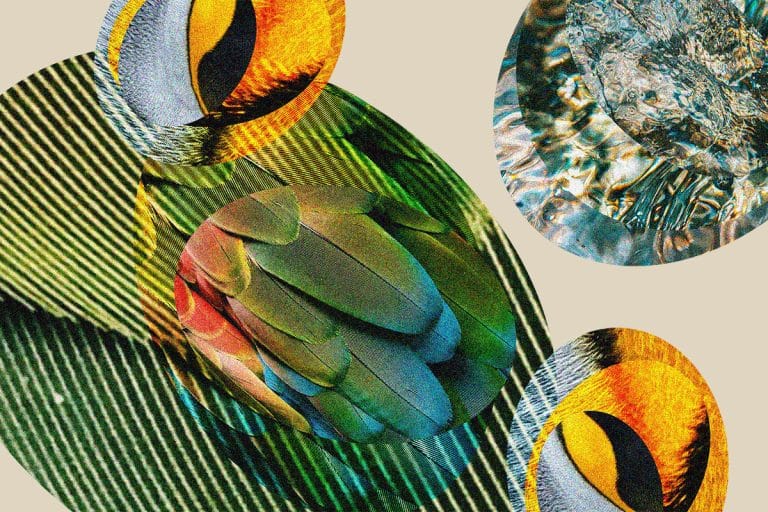November 22, 2023
Nick Cave
Loss, Yearning, Transcendence
Here are some experiences to which Nick Cave gives voice and song: the “universal condition” of yearning, and of loss; a “spirituality of rigor”; and the transcendent and moral dimensions of what music is about. This Australian musician, writer, and actor first made a name in the wild world of ’80s post-punk and later with Nick Cave and the Bad Seeds. He also underwent public struggles with addiction and rehab.
Since the accidental death of his 15-year-old son Arthur in 2015, and a few years later, the death of his eldest child Jethro, he has entered yet another transfigured era, co-created an exquisite book called Faith, Hope and Carnage, and become a frank and eloquent interlocutor on grief. As a human and a songwriter, Nick Cave is an embodiment of a life examined and evolved. He sat with Krista in the On Being studio in Minneapolis, and the gorgeous conversation that followed is woven in this episode with his gorgeous music.






